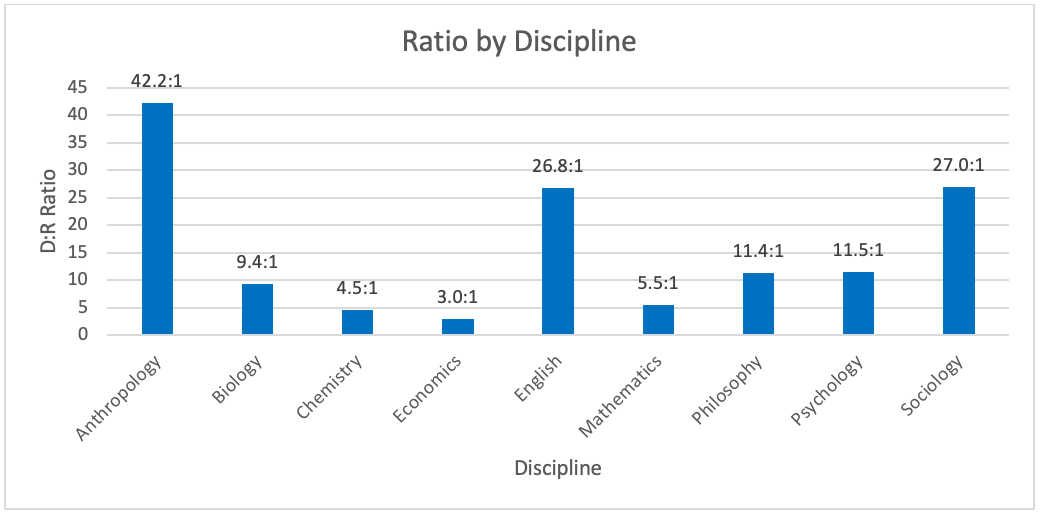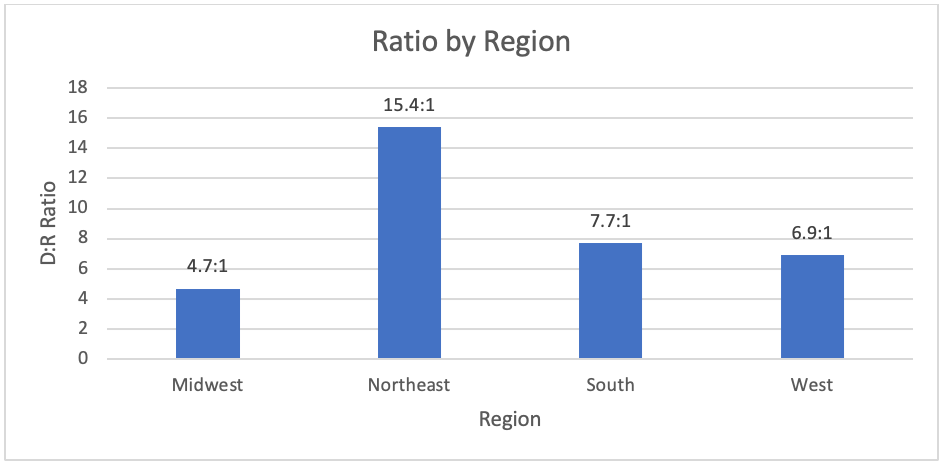CounterCurrent: Week of 2/27/23
The calm before the storm is now concluded. The battle over “diversity, equity, and inclusion” (DEI) initiatives in higher education has begun in earnest. And today we can report another major victory at the University of North Carolina, where the school’s Board of Governors has voted to ban DEI statements—otherwise known as “diversity” statements—in hiring, promotion, and admissions decisions.
The board stated that UNC “shall neither solicit nor require an employee or applicant for academic admission or employment to affirmatively ascribe to or opine about believes, affiliations, ideals, or principles regarding matters of contemporary political debate or social action as a condition to admission, employment, or professional advancement,” nor may an employee or applicant “be solicited or required to describe his or her actions in support of, or in opposition to, such beliefs, affiliations, ideals, or principles.”
In addition to the board’s resolution, UNC has proposed a new school—the School of Civic Life and Leadership—to promote viewpoint diversity on campus.
“At the University of North Carolina at Chapel Hill,” said David Boliek, UNC Board of Trustees Chair, “we clearly have a world-class faculty that exists and teaches students, and creates leaders of the future. We, however, have no shortage of left-of-center, progressive views on our campus, like many campuses across the nation, but the same really cannot be said of right-of-center views. So this is an effort to try and remedy that with the School of Civic Life and Leadership, which will provide equal opportunity for both views to be taught at the university.”
“This is all about individual freedom and intellectual vigor,” Boliek said, “and we want that to always be alive at the University of North Carolina in Chapel Hill. Research shows that students, especially conservative students, routinely self-censor themselves in many of America’s leading colleges and universities—including here at North Carolina. We want to provide that opportunity for students to express themselves, to learn and develop the skills necessary to be leaders.”
The steps that UNC has taken are certainly in the right direction. As I wrote about last year, the DEI bureaucracy found within UNC and elsewhere may be regarded as “an extended parasite.” Those “diversity statements” that the Board of Governors banned are, quite literally, step one in creating psychological traps to manipulate people’s behavior—lessons derived from the Milgram experiments, and outlined in The Lucifer Effect by Dr. Philip Zimbardo. The lack of right-of-center faculty and staff, moreover, works as a sort of auto-immune disorder on an institutional level, making the academy a welcoming environment for parasitic and predatory personalities, like Machiavels, narcissists, and psychopaths.
That lack of right-of-center faculty and staff has become extreme. Back in January 2020, researchers Mitchell Langbert and Sean Stevens conducted a study exploring just how politically imbalanced our universities have become. This political imbalance, or even “ideological homogeneity” at times, can lead to questionable research practices due to “confirmation bias, group polarization, motivated reasoning, and the tendency for these phenomena to be even more pronounced among the highly educated.” These trends also do a disservice to higher education generally, as the partisan campus climate fuels an understandable distrust of our universities among those center-right of the political spectrum.
Langbert and Stevens’ conclusions were shocking. By discipline, economics had the least political skew, where Republicans were outnumbered by Democrats at a rate of three to one. By region, the Midwest has the greatest parity between the political parties, where Republicans were outnumbered at a rate of only about five to one.


One should keep in mind that Langbert and Stevens’ conclusions are dated to early 2020, before 2020’s summer of unrest and the rapid rise of DEI in higher education shortly thereafter. In other words, these figures are probably underestimating the political bias on campuses today.
The steps that UNC and its Board of Governors have taken are not only admirable, but hopefully inspiring. We await university administrators, alumni groups, and governing officials to join the fight against DEI in higher education and restore our universities to their proper, politically neutral state.
Until next week.
CounterCurrent is the National Association of Scholars’ weekly newsletter, written by the NAS Staff. To subscribe, update your email preferences here.
Photo by Colin Rowley on Unsplash













